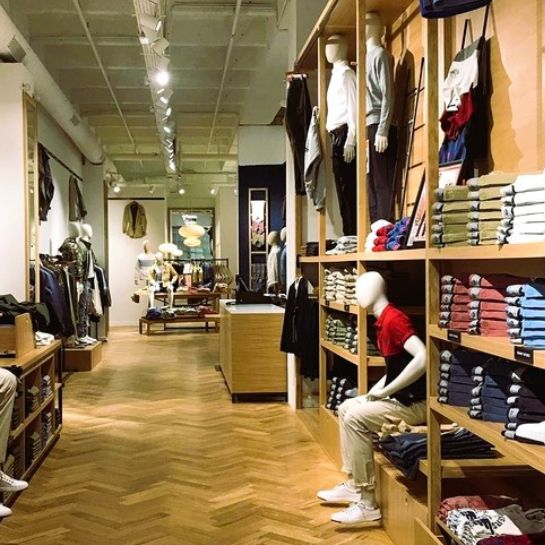18.04.2024
For e-commerce, brick-and-mortar stores serve as a way to increase their visibility and offer a richer shopping experience within an omnichannel sales approach.
The dynamic growth of e-commerce does not signify the end of brick-and-mortar stores. A significant majority of Europeans still prefer shopping in physical stores. Currently, we see that after the pandemic, shopping centers across the continent have revived. The same trend is observed in Poland, where the intense growth in the e-commerce market goes hand in hand with the development of physical retail.
With more online stores emerging, competition between them is increasing, leading to higher advertising expenses. Additionally, due to changes in Apple’s privacy policy limiting tracking of potential customers and rising advertising costs on Facebook and Google, brands find it increasingly challenging to achieve a return on investment in digital advertising.
In this situation, a physical location becomes not only an advertising medium to increase visibility but also a place for omnichannel experiences. A brick-and-mortar store offers the opportunity for physical interaction with products, the importance of which cannot be overstated.
Such physical engagement is particularly crucial for products described by some as “deep.” Items like shoes, glasses, headphones, and furniture require additional tactile interaction to determine whether they meet our needs and preferences. Such engagement is hard to achieve in transactions conducted exclusively online.
A brick-and-mortar store is an environment where customers can fully engage with the brand. Physical presence in a store offers a much more immersive sensory experience than interacting with a digital interface, no matter how functional and attractively designed it may be.
Therefore, opening brick-and-mortar stores may become an increasingly common element of growth strategies for brands conducting online commerce, allowing them to reach a broader customer base and offer diverse and integrated shopping experiences.
Our company has experience in creating brick-and-mortar stores for e-commerce companies.
In the previous decade, we had the opportunity to prepare two brick-and-mortar stores for the Polish brand Answear.com, specializing in clothing sales. In the stores in Poznań and Kielce, customers could find collections from selected clothing brands. Although Answear.com eventually decided to discontinue these stores, they are now revisiting the idea, planning to open a stationary store in Fabryka Norblina in Warsaw and several European capitals.
We invite ecommerce owners interested in opening a physical commercial space for their brand to collaborate.

12.02.2026
Dockers is one of the global apparel brands that Ergo Store has supported for years, delivering brick-and-mortar retail spaces across various parts of Europe. What are the most distinctive features of the brand’s store concept, which until 2025 was part of Levi Strauss & Co.?